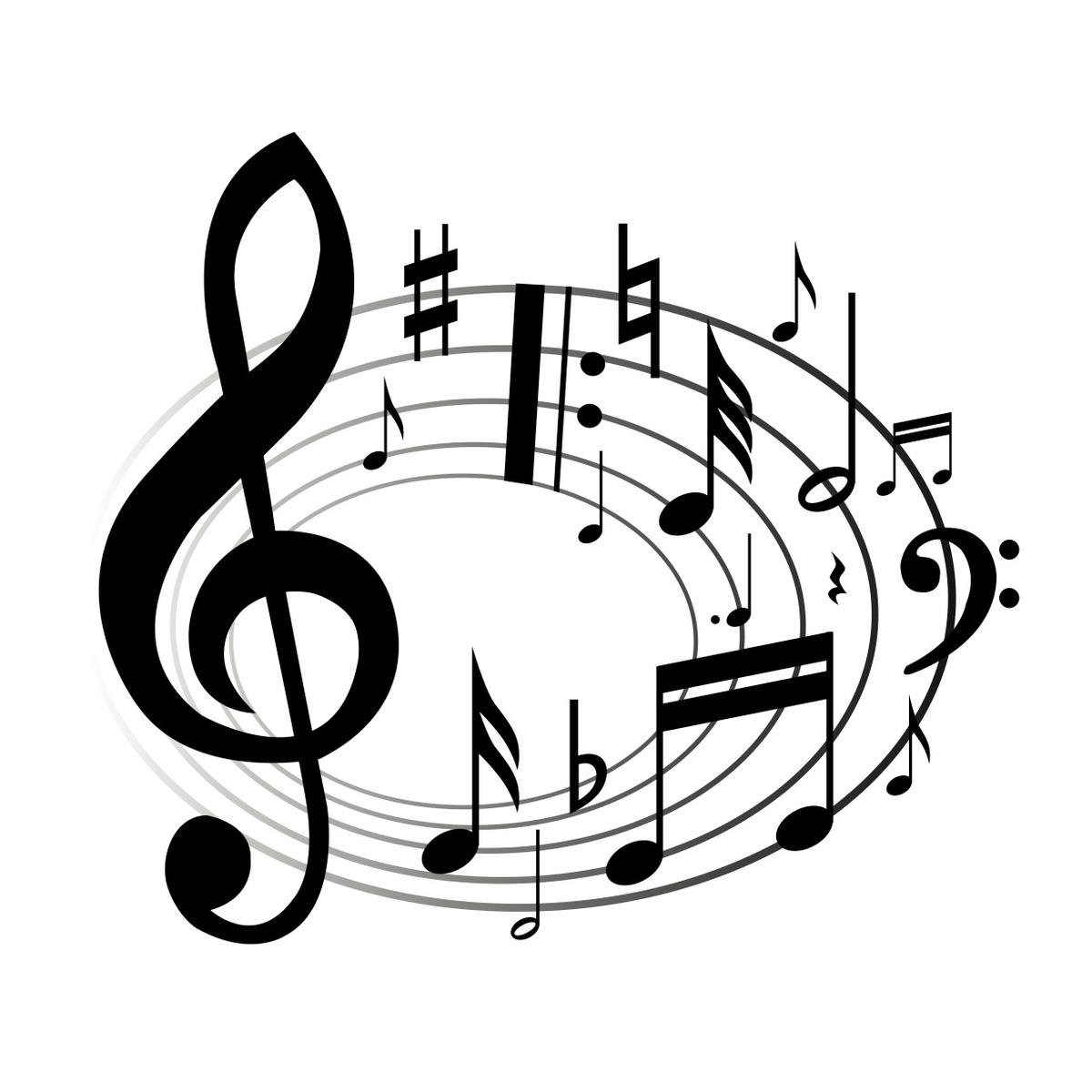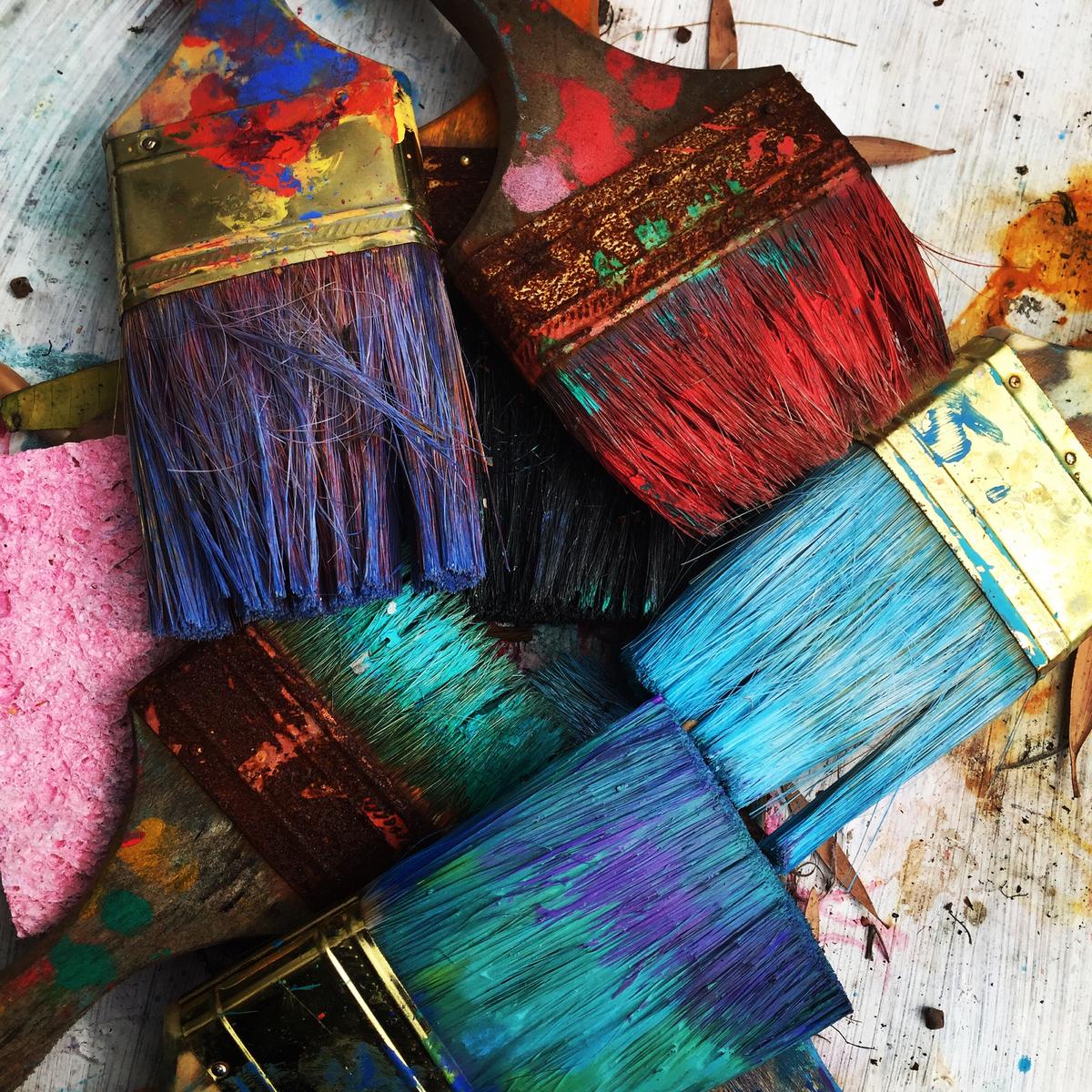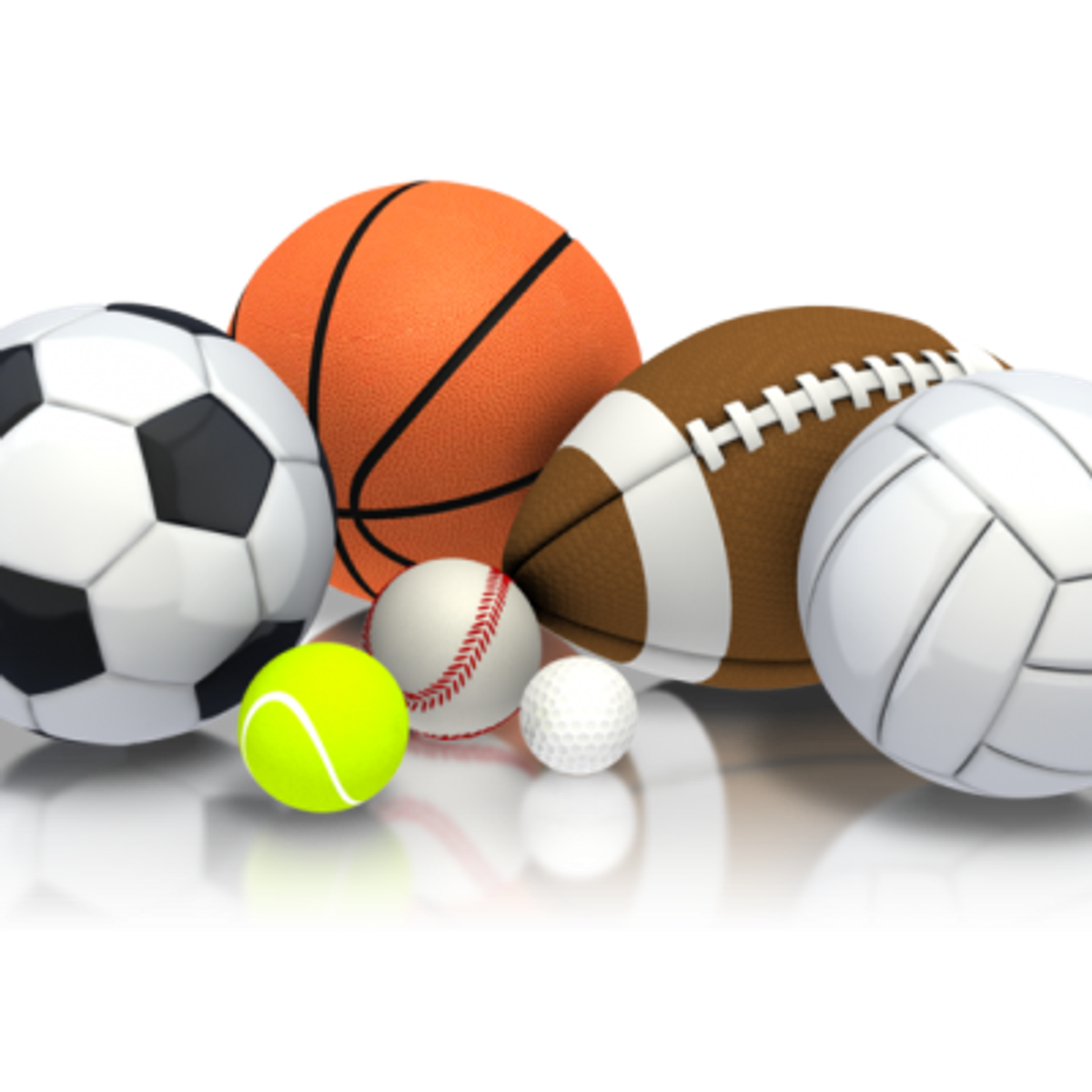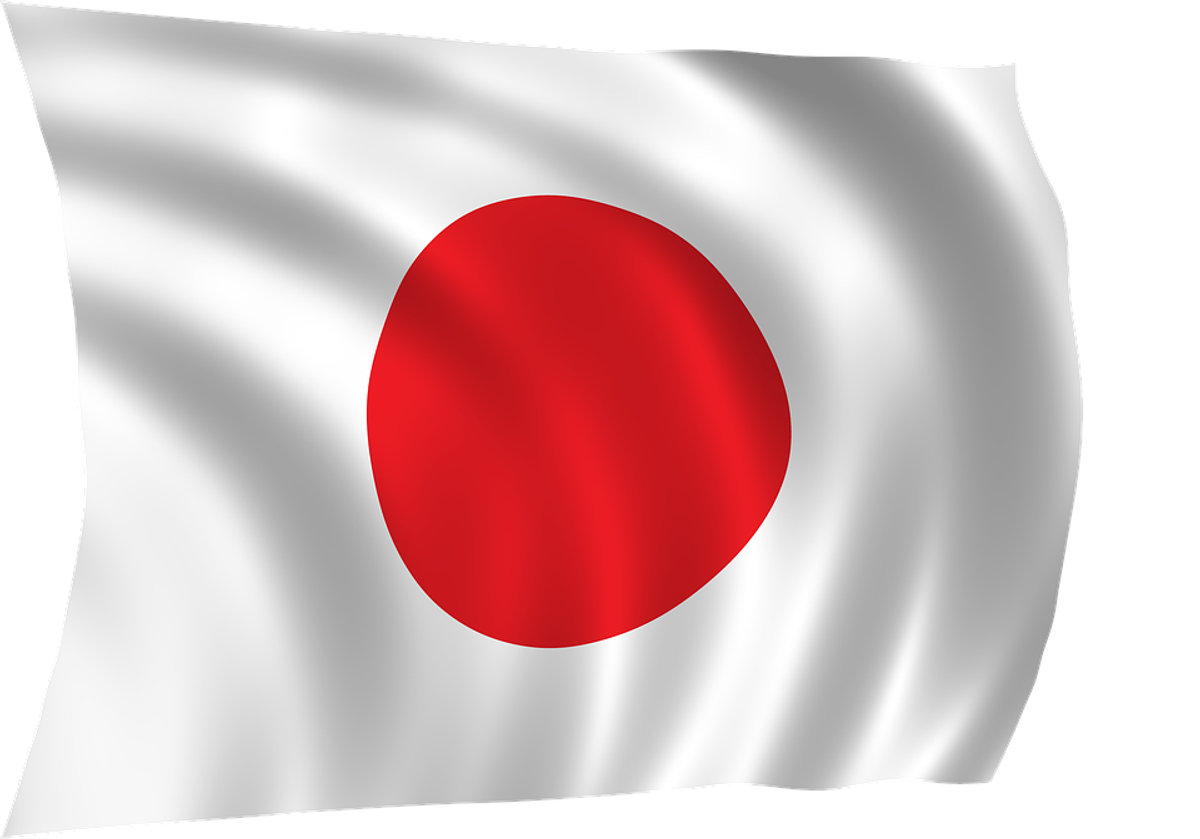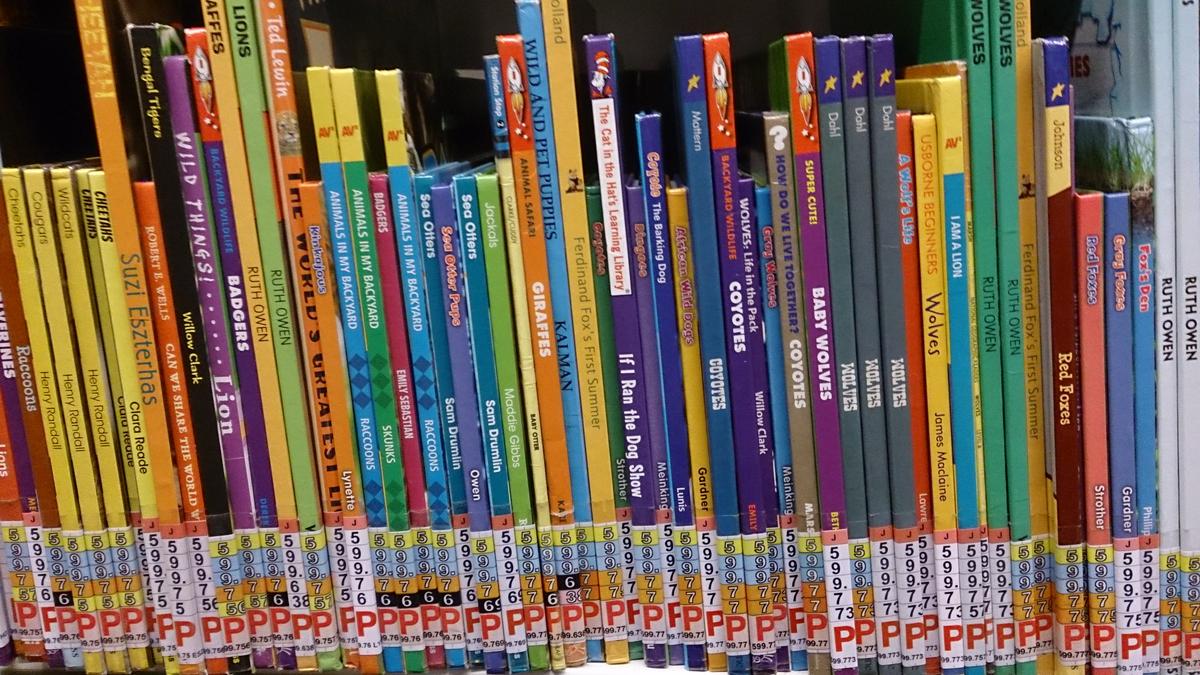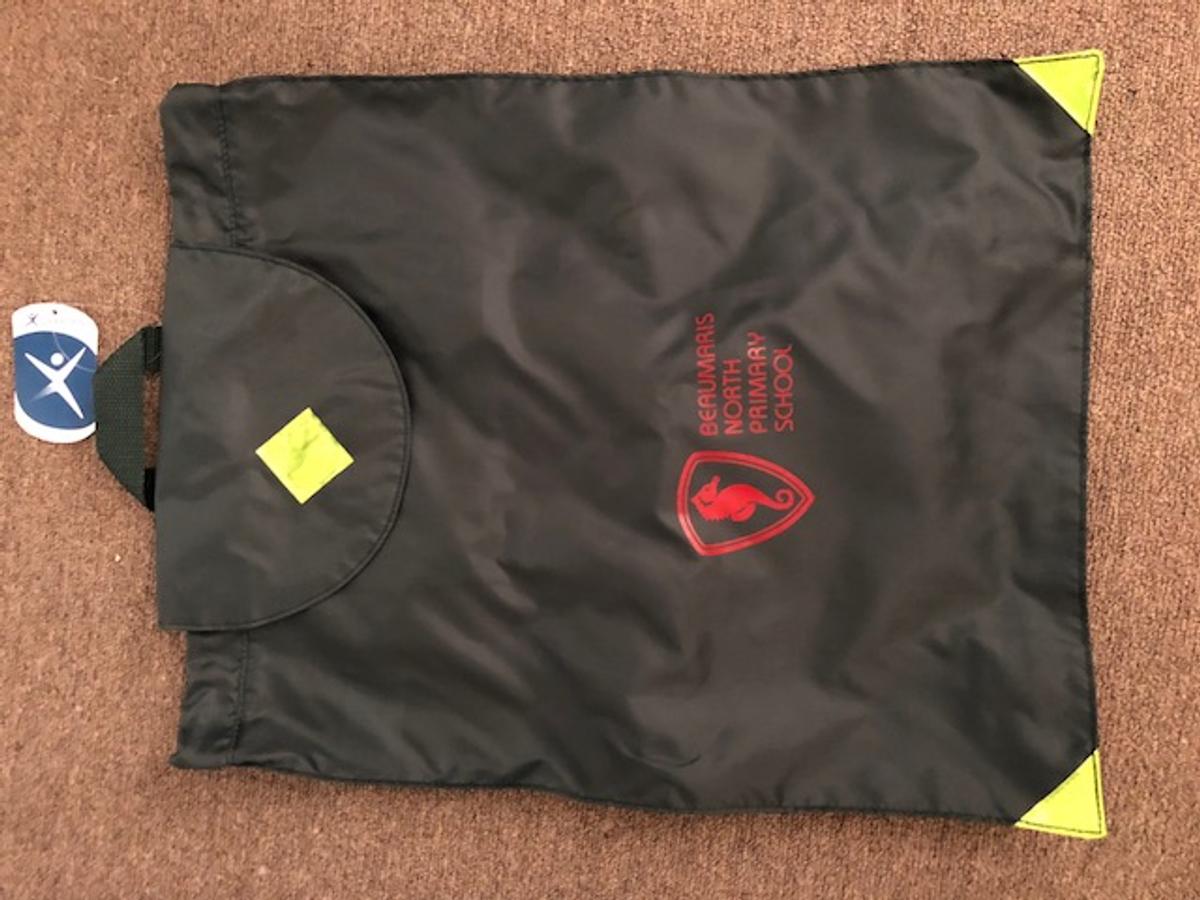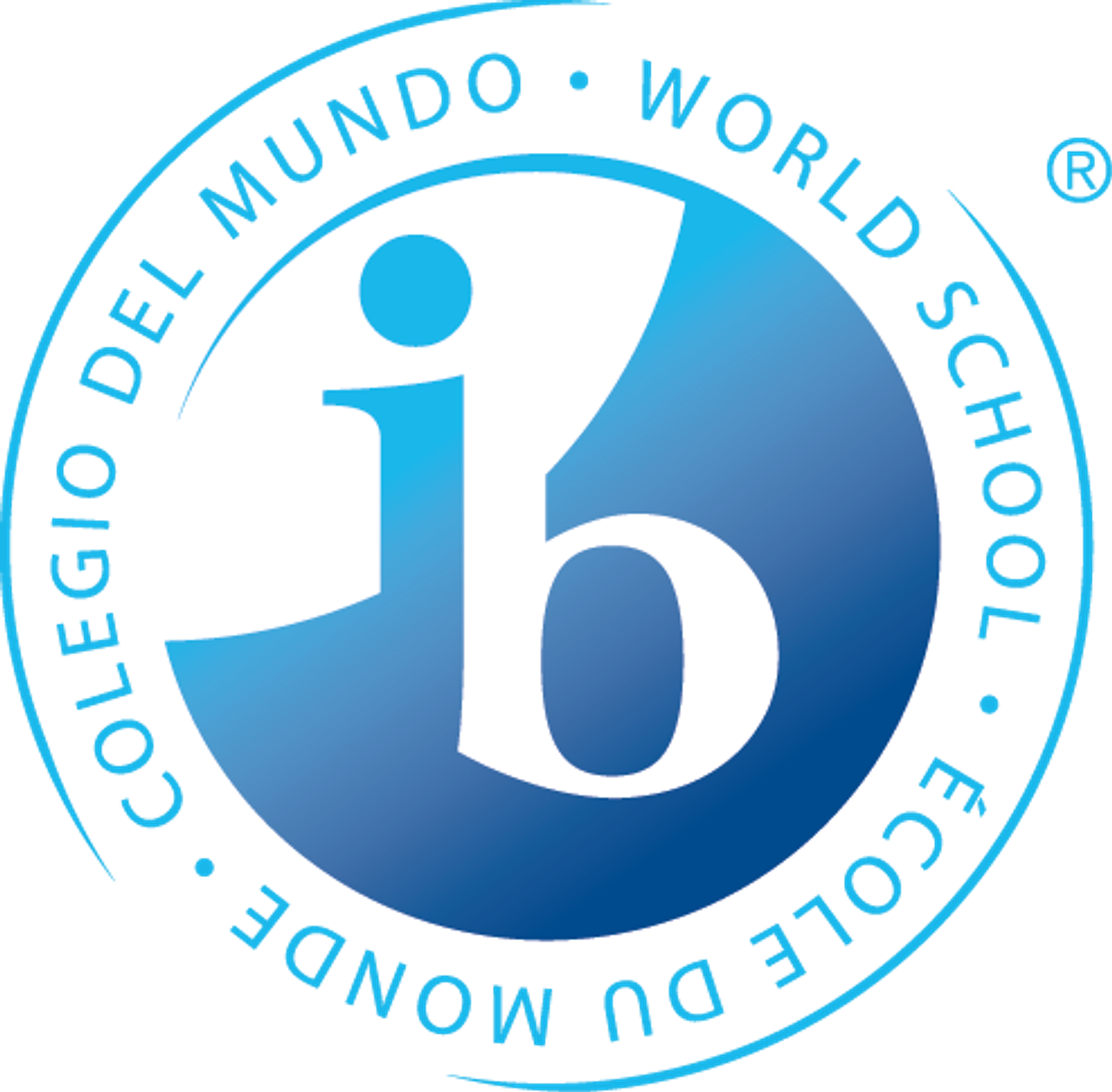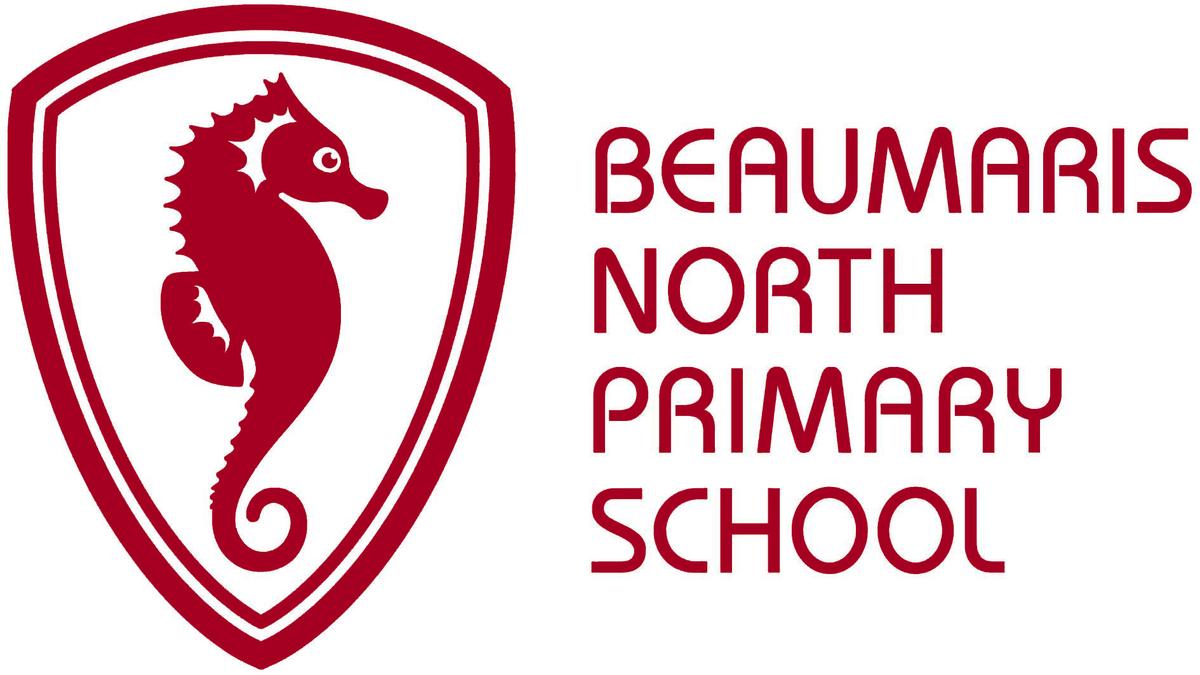About our Programs
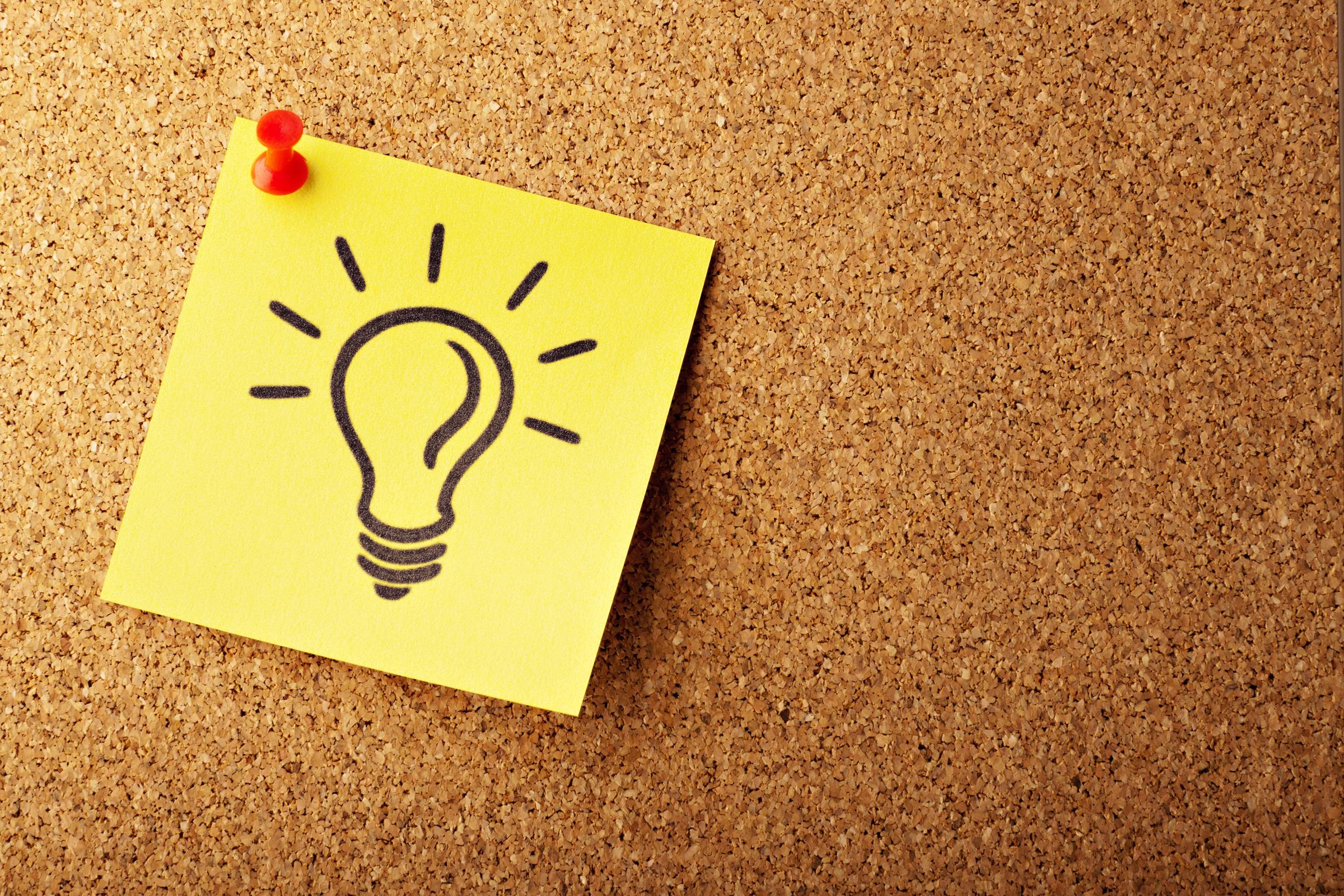
Music
Music is an important area of learning in the Primary Years Programme (PYP). It is a medium of expression that contributes to the total development of the child including physical, intellectual, social, aesthetic and emotional development. At Beaumaris North Primary School, music is an integral aspect of the School Curriculum providing skills, perceptions, experiences and values upon which to make informed choices. Each child is assisted to reach his/her musical potential and in doing so will experience the role of composer, responsive listener and performer.
It is our aim to provide music activities which are enjoyable, stimulating and challenging and which promote the self-confidence of the individual. The PYP teacher values imagination, creativity and original thinking and this is particularly evident in the teaching of music. BNPS also provides a co-curricular Choral Program which enriches and extends the student’s musical experiences.
At school, music lessons provide opportunities to discover a broad range of music experiences including classifying and analysing sounds, composing, exploring body music, harmonizing, listening, playing instruments, singing, notation, reading music, song writing and recording. In music class, your child will be encouraged to:
- Show care towards others as they listen attentively to a classmate when they perform, as they listen to the ideas of others in creative groups and as they respect and look after the instruments.
- Be open minded as they consider music from different countries and cultures and be open to new ideas from a classmate.
- Be knowledgeable as they are introduced to the conventions of writing music i.e. as they learn about the staff, writing of notes, the elements of pitch, beat, dynamics and tempo.
- Be reflective as they find ways to improve their playing or evaluate a performance.
- Be inquirers to ask questions about what has been introduced in class.
- Be a risk taker i.e. performing in front of others, suggesting a new idea for the class to try. In music there is no wrong, just a different way of doing things.
- Be a communicator i.e. share their ideas, to find ways to communicate feelings, ideas or stories through use of percussion instruments.
- Have fun. The ideal way to engage students is if they are enjoying what they are doing.
At home, parents can help their child in music by always being encouraging, asking what they did in music at school, singing to each other, attending live performances (including free performances offered in the community) and listening to a variety of music at home. For more information (including the Aims and Objectives of the Music Program, performance opportunities and Music Assessment), please click here.
Art
Art at BNPS is a joyful hour each week for every student. Students are given opportunities to feel free and confident to express ideas in a calm and friendly atmosphere and are encouraged to respond to the artwork of others. The Visual Arts program incorporates both art making and art appreciation in association with developing a visual arts language and supporting various units within the PYP programme of inquiry (POI) which is being explored in the classroom. The IB recognises the value of Arts education and promotes learning about and through the arts as fundamental to the development of the whole child motivating creativity, critical thinking, problem solving and social interactions.
Students learn to explore their creativity and imagination through a skills based visual arts program. This supports the process of art making and we give the students clear instructions on the correct use of tools, materials and techniques. Over the course of the year, students are able to experiment with a variety of media including painting, drawing, ceramics, textiles, print-making, collage, construction and visual communication. They learn to develop a visual language around art elements that is appropriate when thinking and talking about art, such as line, shape, colour and texture.
Students have the opportunity to respond to and appreciate various artworks of well-known Australian and International artists to discover how the artists develop their ideas and use of materials. Students will also explore different cultures and their art. The students are encouraged to share their thoughts, observations and feelings and then have a go themselves.
Student work is regularly displayed both in the art room and the entrance foyer of the school. Work is also sent home. Relevant art information and displays are also posted to the Compass News Feed throughout the year.
http://beaumarisnorthps.vic.edu.au/curriculum/specialist-programs/art/
Physical Education
Physical Education is an all-encompassing term, including fitness skills, Fundamental Skills Program, gymnastics, dance, recreation, health and appropriate values and knowledge. Learning is a developmental process in PE. The PE lessons are planned using the Fundamental Skills Program and supporting the classroom Unit of Inquiry where appropriate. The PYP Concepts, Attitudes and Learner Profile attributes are referred to throughout PE lessons as students are encouraged to demonstrate their understanding through involvement in the program.
Students are exposed to a wide range of sporting opportunities at Beaumaris North Primary School. In PE lessons, Year Two students:
- Continue with revision of Fundamental Motor Skills and introduce punt kick and striking activities.
- Incorporate these skills into minor games to demonstrate co-operation and teamwork.
- Participate in a three week Circus Skills Incursion appropriate to their skill level.
- Participate in an Intensive Swimming Program.
SPORTS UNIFORM
Girls
- Polo shirt (red or green)
- Skort (green) or summer/winter pant (green)
- Sports briefs, tights/leggings (black or green) under school dress
- White socks
Boys
- Polo shirt (red or green)
- Shorts (green) or track-pant (green)
- Bottle green tracksuit pants or gabardine pants
- White Socks
NOTE:
- Runners/appropriate shoes must be worn for safety and performance
- Hats must be worn from 1 September – 30 April
- Students must bring a drink bottle to each lesson
- Sunscreen is available if students wish to use it
http://beaumarisnorthps.vic.edu.au/curriculum/specialist-programs/physical-education/
Japanese
The principal language offered at Beaumaris North Primary School is English and Japanese is provided as an additional language to:
- Further enrich personal development.
- Enable learners to engage with the world.
- Develop knowledge of the connections between language and culture and how culture is embedded throughout the communication system.
In PYP schools all students have the opportunity to learn an additional language. Every learner benefits from having access to different languages, and, through that access, to different cultures and perspectives. Acquisition of more than one language enriches personal development and helps facilitate international-mindedness.
Learning a second language and culture gives children the opportunity to reflect their own language and culture. Through comparison with their own language, children understand how language works, which they can apply to English. Children learn that there are many ways of viewing the world and they come to appreciate and respect a different culture. This is very important for children who are living in a multilingual and multicultural society like Australia.
Children have the opportunity to speak to Japanese students on Skype where possible. This gives them an insight into schools in Japan today, as well as the chance to practise their Japanese. Japanese interns contribute to the program by demonstrating a variety of cultural performances to our students such as traditional dancing, songs and games.
The Japanese program at BNPS has themes that are relevant and of interest to the children (e.g. classroom and family) and they are integrated with PYP transdisciplinary themes wherever possible. In Japanese lessons, Year 2 students:
- Are exposed to Japanese pronunciation, intonation and body language of native speakers of Japanese.
- Use the language in structured situations and activities related to their local environment: self, family, home, classroom and community.
- Begin to use sets of words and sentences that are encountered frequently in the classroom, and to insert words into simple sentences.
- Develop their language skills and understand Japanese culture through a variety of activities such as language games, origami, songs and Japanese video/DVDs.
- Participate in a Japanese calligraphy contest (Semester 2).
http://beaumarisnorthps.vic.edu.au/curriculum/specialist-programs/japanese/
Library
Beaumaris North Primary School students have a program rich in literature and are able to borrow books from our well-stocked Library. We focus on enjoyment, imagination and information through stories and non- fiction material. Students from Prep – Year 2 receive a weekly specialist Library lesson (30 minutes) taken by a trained Teacher Librarian. Lessons focus on literature appreciation, the use of the Public Access System, developing an understanding of various Library locations and parts of a book. The Library program also supports and extends the Units of Inquiry being studied in each year level and provides classrooms with a variety of resources to enrich the Units.
Students are able to borrow books from the Library according to their Class/year level timetable. The Library is also open one lunchtime per week (2.00 - 2.30pm) for quiet reading, borrowing and drawing. Students are encouraged to be responsible for remembering their Library 'Book Borrowing Day' - it is vital that children bring their book back otherwise they cannot borrow a new book.
For book borrowing purposes, children are encouraged to have a protective Library bag labelled with both their first name and surname. A Library bag protects the book, makes it easier for students to carry and ensures the Library book is kept separate from household books when not in use (making it easier to locate!).
The Uniform Shop sells Library bags, however you may use any protective bag (preferably the size of a pillow slip to accommodate our larger books).

